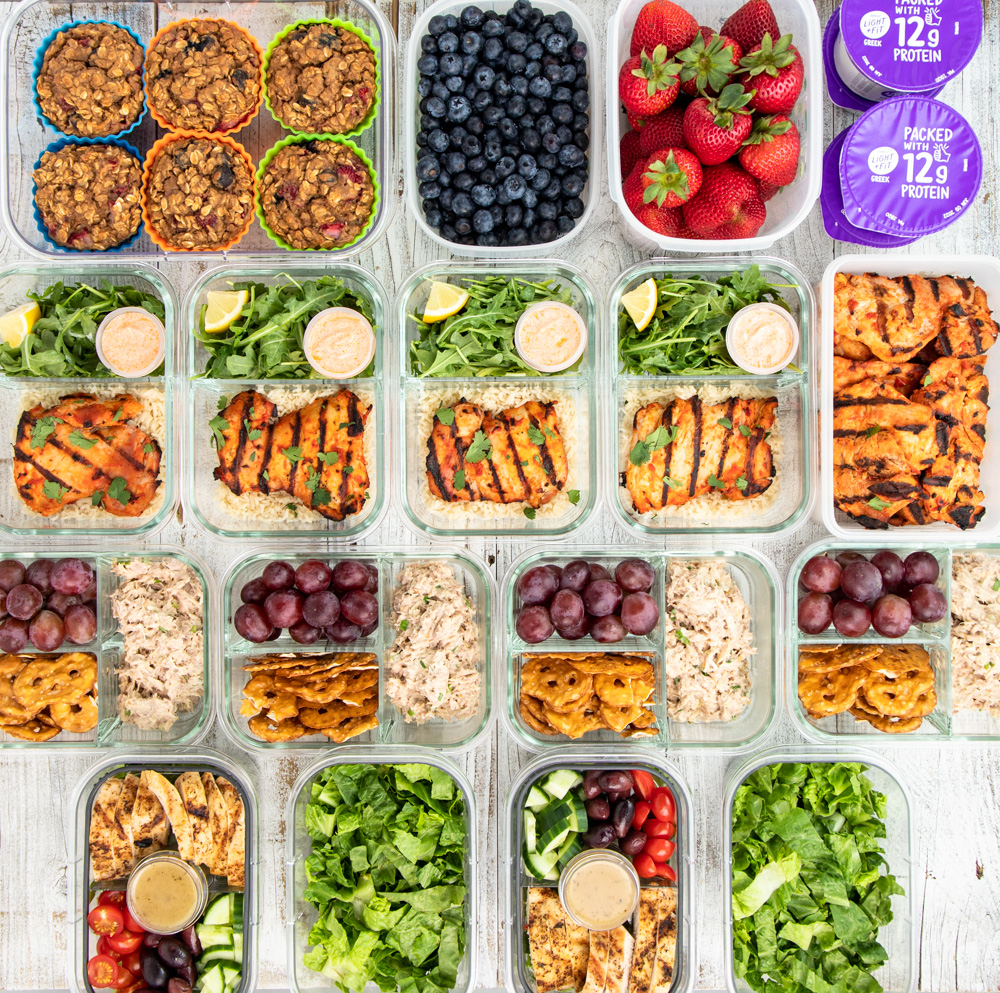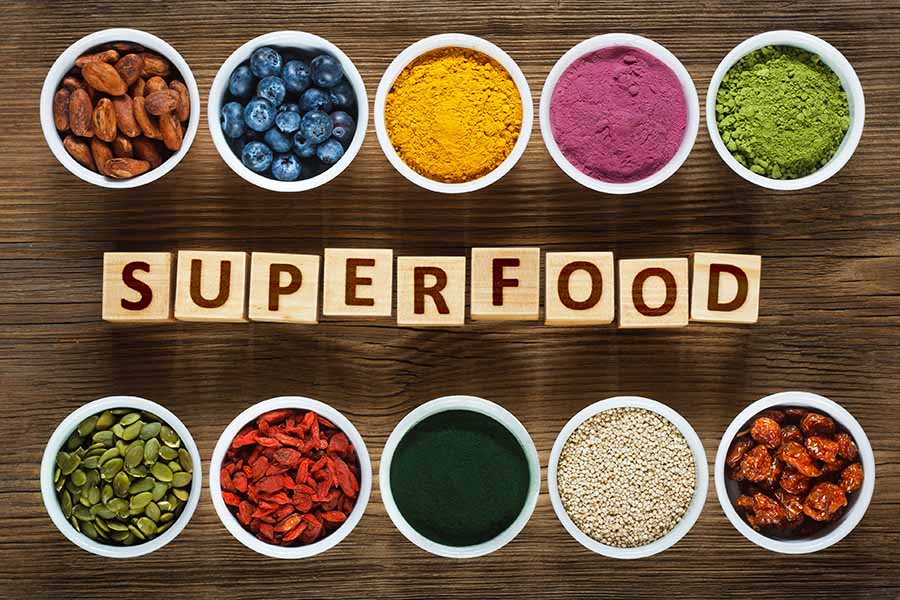When I first started my weight loss journey, I was overwhelmed by the sheer volume of advice and information available. Many of the tips I followed were based on myths or were unsustainable in the long run. Over time, I discovered key nutritional tips that truly made a difference. Here are fifteen nutritional tips I wish I knew when I began my weight loss journey—insights that can help you achieve sustainable and healthy weight loss.
1. Prioritize Protein
Protein is essential for weight loss as it helps build and maintain muscle mass, keeps you feeling full longer, and boosts your metabolism. Include high-quality protein sources such as lean meats, fish, eggs, legumes, and dairy in every meal.
2. Eat More Fiber
Fiber-rich foods are not only filling but also help regulate your digestive system. Incorporate plenty of fruits, vegetables, whole grains, and legumes into your diet to increase your fiber intake. Aim for at least 25-30 grams of fiber per day.
3. Stay Hydrated
Drinking enough water is crucial for weight loss. Sometimes, our bodies confuse thirst with hunger, leading to unnecessary snacking. Aim to drink at least 8 cups of water a day and more if you’re physically active. Hydration aids digestion, metabolism, and overall well-being.
4. Avoid Processed Foods
Processed foods are often high in unhealthy fats, sugars, and calories, which can hinder weight loss efforts. Opt for whole, unprocessed foods whenever possible. Fresh fruits, vegetables, lean proteins, and whole grains should form the foundation of your diet.
5. Practice Portion Control
Even healthy foods can contribute to weight gain if consumed in large quantities. Learn about proper portion sizes and try to stick to them. Use smaller plates, measure your food, and avoid eating directly from the package to help control portions.
6. Don’t Skip Meals
Skipping meals can lead to overeating later in the day and can slow down your metabolism. Aim to eat balanced meals at regular intervals to keep your energy levels stable and prevent excessive hunger.
7. Limit Added Sugars
Added sugars provide empty calories and can lead to weight gain and health issues. Be mindful of hidden sugars in foods and beverages, such as soda, sweetened yogurt, and sauces. Opt for natural sweeteners like fruit or small amounts of honey if needed.
8. Plan and Prep Your Meals
Meal planning and preparation can prevent unhealthy food choices and ensure you have nutritious options readily available. Set aside time each week to plan your meals, create a shopping list, and prep ingredients or entire meals in advance.
9. Listen to Your Hunger Cues
Pay attention to your body’s hunger and fullness signals. Eat when you’re hungry and stop when you’re satisfied, not when you’re stuffed. Mindful eating can help you make better food choices and avoid overeating.
10. Incorporate Healthy Fats
Healthy fats, such as those found in avocados, nuts, seeds, and olive oil, are essential for your body and can help keep you full. Don’t be afraid to include these in your diet, but remember to consume them in moderation.
11. Limit Liquid Calories
Beverages like soda, juice, and alcohol can add up quickly in terms of calories. Stick to water, herbal teas, and other low-calorie drinks to help manage your caloric intake. If you enjoy smoothies, be mindful of the ingredients and portion sizes.
12. Read Nutrition Labels
Understanding nutrition labels can help you make informed choices about the foods you consume. Pay attention to serving sizes, calories, and the amounts of fat, sugar, and sodium in packaged foods.
13. Eat Slowly
Eating slowly gives your brain time to recognize when you’re full, which can prevent overeating. Take your time to chew your food thoroughly and savor each bite. This practice also aids digestion and enhances the overall eating experience.
14. Balance Your Macros
Ensure that each meal contains a balance of carbohydrates, proteins, and fats. This balance helps stabilize blood sugar levels, keeps you full longer, and provides the necessary nutrients for your body to function optimally.
15. Don’t Be Too Hard on Yourself
Weight loss is a journey, and it’s normal to have setbacks. Don’t let occasional indulgences or slip-ups derail your progress. Focus on making healthy choices most of the time and remember that consistency is key.
Conclusion
These fifteen nutritional tips have been instrumental in my weight loss journey, helping me achieve and maintain a healthier weight. By prioritizing protein, eating more fiber, staying hydrated, avoiding processed foods, practicing portion control, and listening to your hunger cues, you can make sustainable changes that lead to lasting results. Embrace these tips, stay consistent, and be kind to yourself along the way.
Call to Action:
For more tips and insights on nutrition and overall wellness, make sure to bookmark my blog Wellness Accelerator. Follow me on Twitter @wellnessaccel for daily health tips, and subscribe to my YouTube channel Wellness Accelerator for in-depth videos on improving your physical and mental health.





